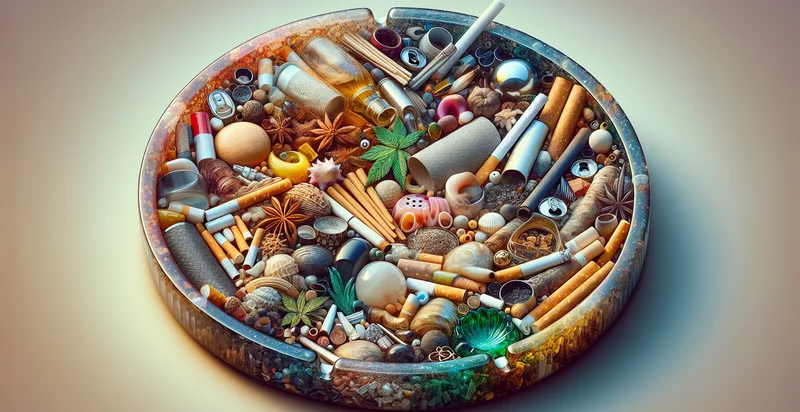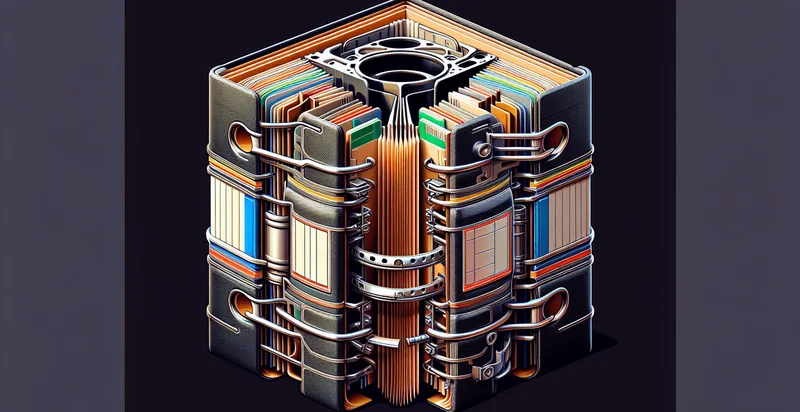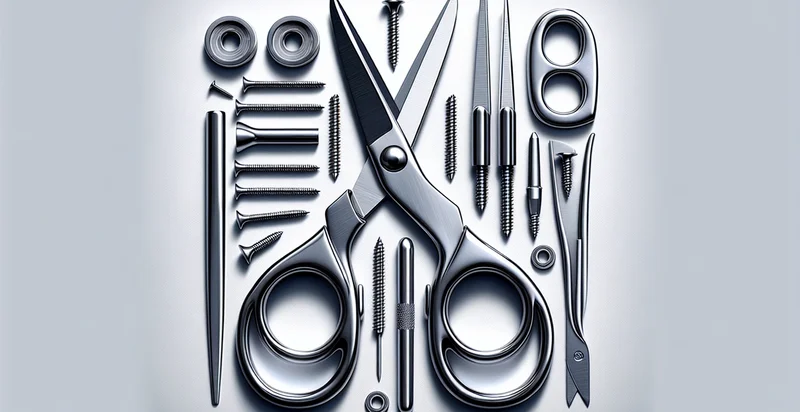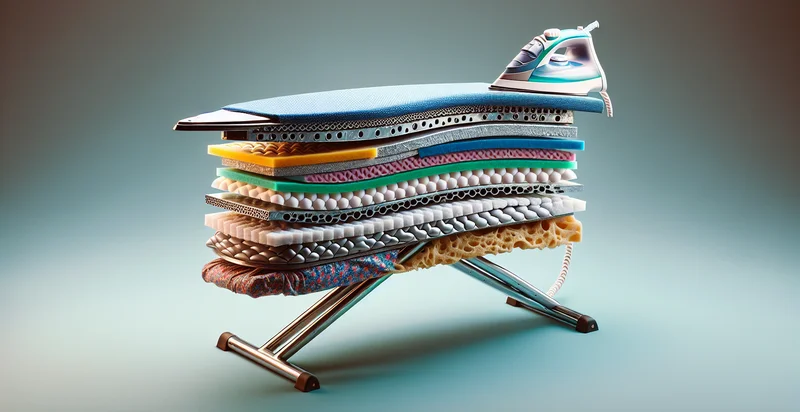Identify what material an ashtray is made from
using AI
Below is a free classifier to identify what material an ashtray is made from. Just upload your image, and our AI will predict what material an ashtray is made from - in just seconds.

Contact us for API access
Or, use Nyckel to build highly-accurate custom classifiers in just minutes. No PhD required.
Get started
import nyckel
credentials = nyckel.Credentials("YOUR_CLIENT_ID", "YOUR_CLIENT_SECRET")
nyckel.invoke("what-material-an-ashtray-is-made-from", "your_image_url", credentials)
fetch('https://www.nyckel.com/v1/functions/what-material-an-ashtray-is-made-from/invoke', {
method: 'POST',
headers: {
'Authorization': 'Bearer ' + 'YOUR_BEARER_TOKEN',
'Content-Type': 'application/json',
},
body: JSON.stringify(
{"data": "your_image_url"}
)
})
.then(response => response.json())
.then(data => console.log(data));
curl -X POST \
-H "Content-Type: application/json" \
-H "Authorization: Bearer YOUR_BEARER_TOKEN" \
-d '{"data": "your_image_url"}' \
https://www.nyckel.com/v1/functions/what-material-an-ashtray-is-made-from/invoke
How this classifier works
To start, upload your image. Our AI tool will then predict what material an ashtray is made from.
This pretrained image model uses a Nyckel-created dataset and has 16 labels, including Aluminum, Brass, Ceramic, Clay, Concrete, Copper, Fiberglass, Fibre, Glass and Metal.
We'll also show a confidence score (the higher the number, the more confident the AI model is around what material an ashtray is made from).
Whether you're just curious or building what material an ashtray is made from detection into your application, we hope our classifier proves helpful.
Related Classifiers
Need to identify what material an ashtray is made from at scale?
Get API or Zapier access to this classifier for free. It's perfect for:
- Quality Control in Manufacturing: Manufacturers can utilize the false image classification function to ensure that ashtrays are made from the specified materials. By analyzing images of production samples, they can quickly identify any deviations or potential defects in material, leading to a reduction in flawed products and improved quality assurance.
- E-commerce Product Verification: Online retailers can employ this function to verify the images of ashtrays listed on their platforms. Ensuring that the displayed products match their descriptions helps prevent customer dissatisfaction and returns, fostering trust in the online shopping experience.
- Material Recycling Analysis: Recycling facilities can use this function to classify incoming ashtrays based on their material composition. This can streamline the sorting process, improving the efficiency of recycling operations and ensuring that each type of material is processed correctly.
- Consumer Safety Regulations: Regulatory bodies can implement this false image classification to ensure that ashtrays comply with safety standards related to materials used. By verifying material types through images, they can help mitigate health risks associated with harmful substances in improperly manufactured ashtrays.
- Supply Chain Improvements: Suppliers and logistics companies can benefit from this technology by verifying ashtray materials at various stages of the supply chain. This helps maintain material integrity from production to distribution, ensuring that product specifications are met at each step.
- Market Research and Analysis: Research companies can utilize this classification function to analyze market trends regarding material preferences in ashtray manufacturing. By studying the occurrence of different materials in images, they can gather valuable insights for businesses looking to innovate or position their products effectively.
- Art and Design Validation: Artists and designers creating custom ashtrays can use this function to confirm the materials used in their designs. This validation helps to ensure that their creations meet aesthetic and functional requirements while also adhering to environmental sustainability practices.


